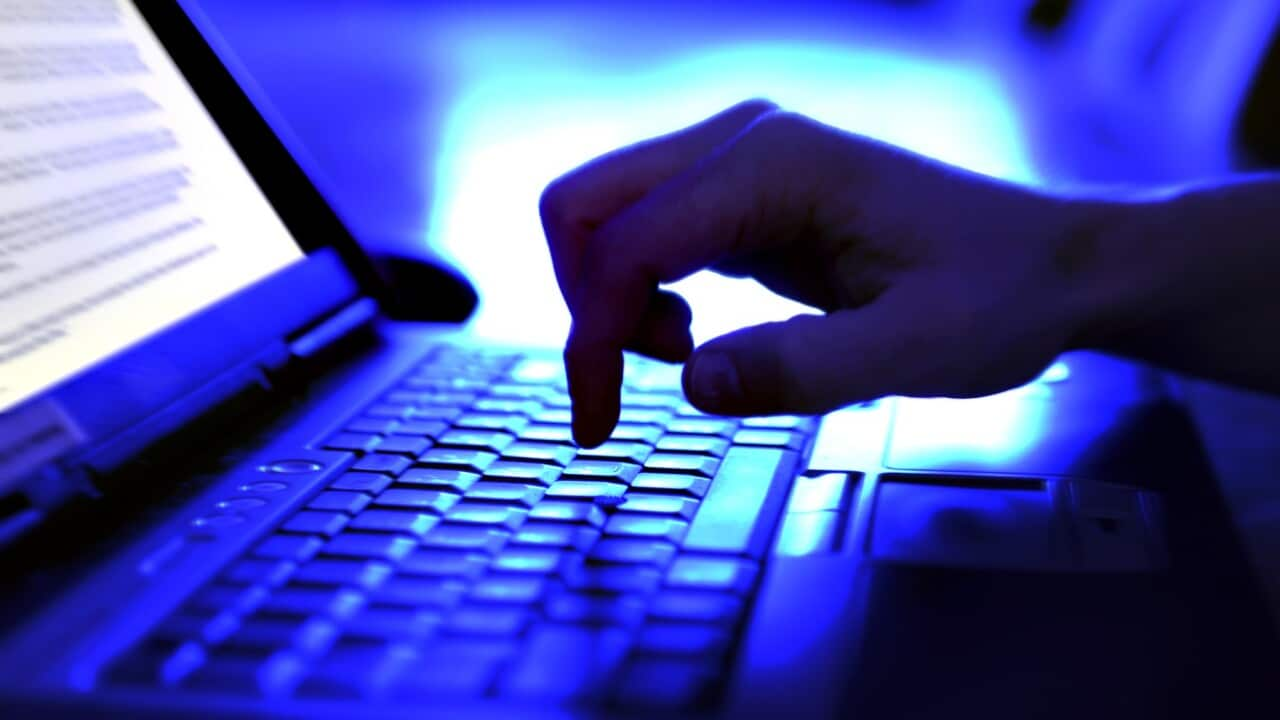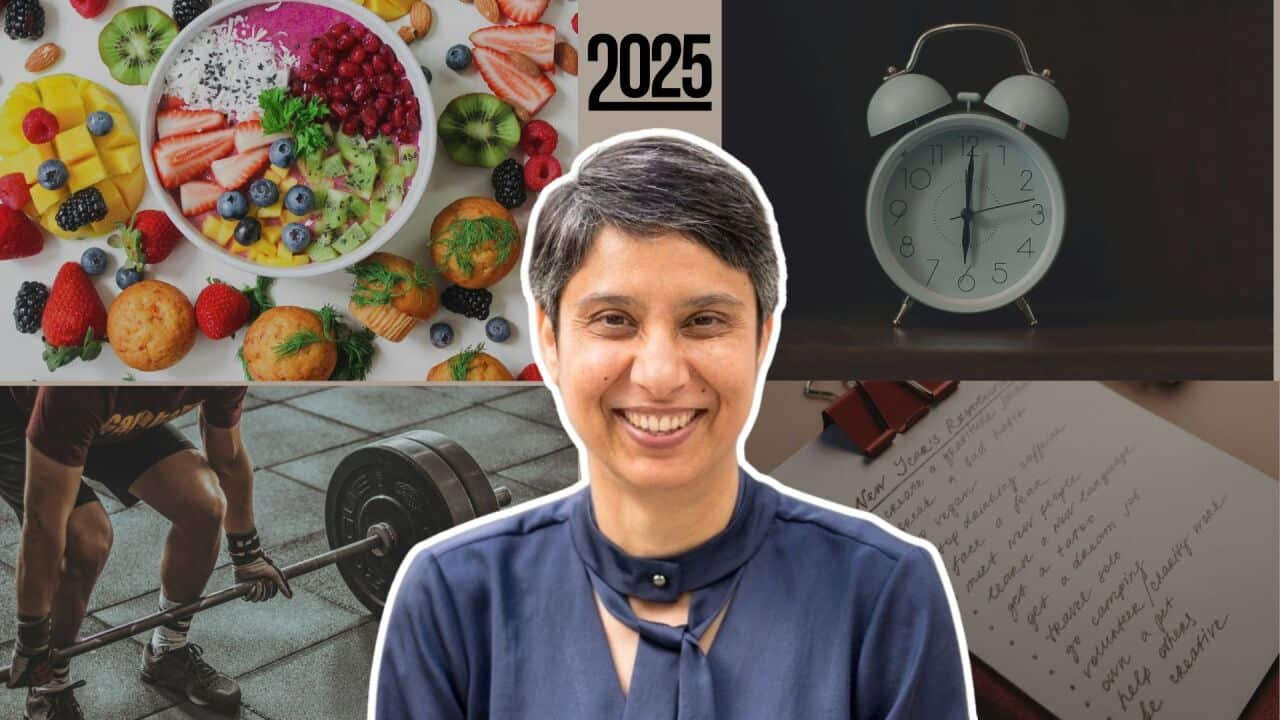Scamwatch is a website run by the Australian Competition and Consumer Commission (ACCC) and provides information to consumers and small businesses about how to recognise, avoid and report scams.
The website has received over 6,415 scam reports mentioning the coronavirus with more than $9,800,000 in reported losses since the COVID-19outbreak began.
The Digital Health Agency is the Australian Government agency responsible for MyHealth Record, Australia's digital prescriptions and health referral system, and other 'eHealth' programs.
Dr Steve Hambleton is the Chief Clinical Advisor to the Australian Digital Health Agency. He says there is a wide range of scams relating to COVID-19 vaccines in Australia.
“There are people selling fake vaccine appointments and of course, to get an appointment, they need to know who you are — that's what they want. We've seen fake vaccines being offered to be mailed to you; fake vaccines surveys, so they're going to ask you questions about the vaccine, about the side effects. You might be asked for payment to send you a vaccine, which you shouldn't be paying for. Sometimes there's a charge for a pre-test prior to getting a vaccine. Again, you don't need any tests prior to getting a vaccine. Maybe even a scam saying, ‘Put your name on a waiting list’ — you don't need to do that.”
The Digital Health Agency is warning consumers to be wary of scammers offering the use of online fake vaccination certificate generators.
Dr Hambleton says it is highly likely that those seeking a fake vaccination certificate will be providing their personal information including credit card details to cybercriminals, putting themselves at risk of identity theft.
“People are offering these fake certificates on the black market. Of course, providing you with a [fake] certificate is one problem. And that means you put yourself at risk and you put your family at risk, but to get that certificate, they're going to want personal information about you. And that's really what they want. They want identifying information; they want health information. And of course, that gives them the ability to steal your identity. It's really, really serious.”
Click on the player above to listen to this update in Punjabi.






